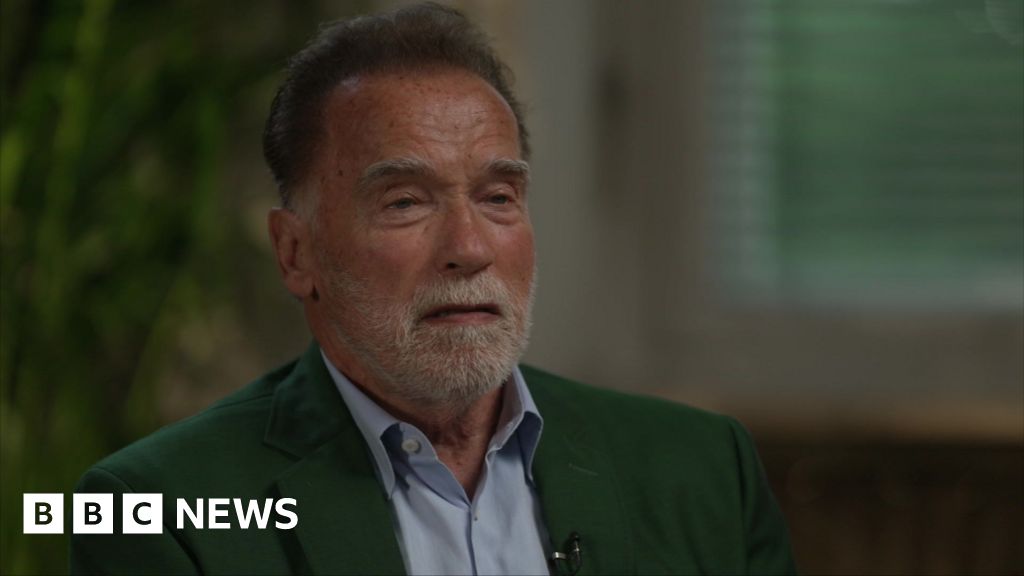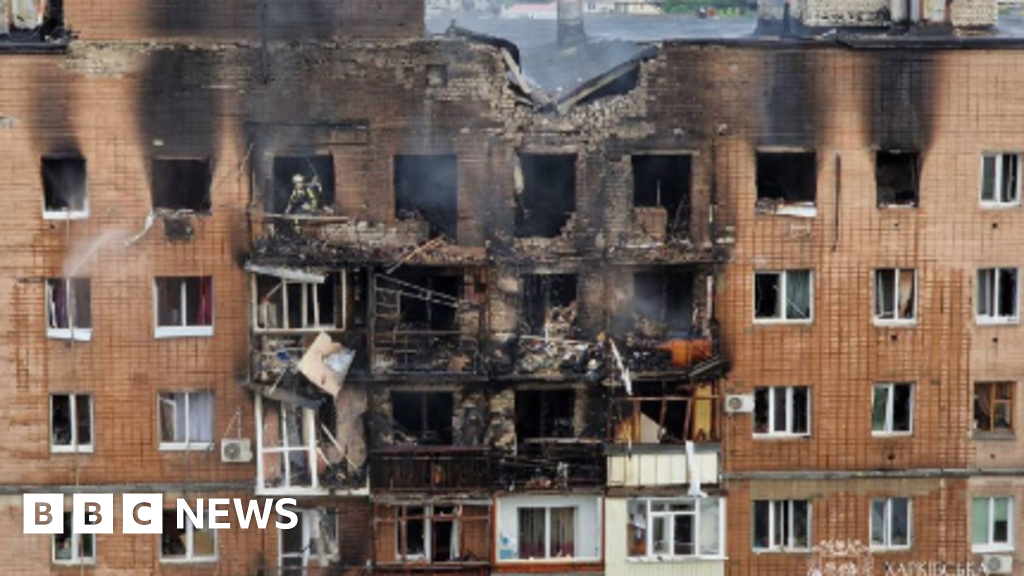ARTICLE AD BOX
By Peter Mwai
BBC Reality Check
Image source, Getty Images
Image caption, The WHO wanted 10% of the world fully vaccinated by the end of SeptemberMore than 50 countries have missed the World Health Organization's (WHO) target for 10% of their populations to be fully vaccinated against Covid-19 by the end of September.
Most are in Africa, where the WHO's overall figure for those fully vaccinated is currently 4.4%.
In the UK, nearly 66% of the whole population has been fully vaccinated, in the EU about 62% and in the US it's 55%.
Which countries have not reached 10% target?
Many - but not all - are low-income countries, grappling with vaccine supply and health infrastructure issues.
Some suffer from conflict or civil unrest such as Yemen, Syria, Iraq, Afghanistan and Myanmar, while others like Haiti have been hit by natural disasters, making the task of rolling out vaccines very difficult.
But wealthy Taiwan, whose vaccine programme has been dogged by delivery delays and other issues, is still just below 10%.
Vietnam, which until a few months ago, had some of the lowest numbers of coronavirus cases globally, has also fallen short of the 10% target.
Image source, Getty Images
Image caption, Less than 10% of Vietnam's population has been fully vaccinatedIn Africa, only 15 out of 54 countries have achieved the 10% target. Half of the countries on the continent have vaccinated less than 2% of their population.
Some larger countries with big populations have fallen far short of this target. Egypt only has about 5% of its population fully vaccinated, with Ethiopia and Nigeria each less than 3%.
Two countries on the continent - Burundi and Eritrea - have yet to roll out vaccination programmes.
"Many of [the more highly vaccinated] countries are in the upper-middle or high-income brackets and have procured vaccines directly from manufacturers," WHO Africa regional director Matshidiso Moeti says.
Why has Africa fallen behind?
African states relied on a combination of bilateral deals, donations and the Covax vaccine-sharing scheme to get their programmes started.
Earlier this year, countries struggled to get supplies via Covax, but the situation improved in July and August.
Wealthier countries announced donations to Covax - or directly to African nations - at the G7 summit in the UK in June.
Image source, Getty Images
Image caption, Covax supplies being loaded up after delivery to DR CongoThe WHO had earlier projected that the continent needed a total of about 270 million vaccine doses to reach the target of 10% fully vaccinated by the end of September.
By the last day of the month it had received 200 million doses, so has fallen 70 million doses - or nearly 25% - short of that target.
What has caused vaccine shortages?
The biggest problem facing the Covax scheme - which many African states were relying on - was its dependence on vaccines from the Serum Institute of India, the world's biggest vaccine-maker.
India halted vaccine exports in April in response to its own urgent needs, and other manufacturers faced issues ramping up production.
Wealthier countries had signed deals with manufacturers for prospective vaccines as early as July 2020, while they were still in development and undergoing trials.
They were given priority by manufacturers - making it difficult for the Covax scheme, the African Union and individual countries to secure doses.
Earlier this month, a Covax statement on supply forecasts for the rest of this year and early 2022 said it was reducing its estimate of the number of doses it expects to receive.
It cited export bans - but also problems in boosting production quickly enough and delays in regulatory approval for some vaccines.
India has announced it will resume some exports from October, and will focus on Asian countries and the Covax scheme (although it's not yet clear in what quantities).
"We have to ask countries, when they are sharing doses, to share them with a longer shelf life," says Ayoade Alakija, of the African Union Vaccine Delivery Alliance.
How much vaccine is needed in Africa?
The WHO is aiming for 40% of the world's population to be fully vaccinated by the end of 2021.
But Covax has already revised down the number of doses it aims to deliver to Africa by then, from 620 million doses to about 470 million.
That will be enough to fully vaccinate just 17% of Africa's population, with about 500 million extra doses needed for African nations to reach the 40% target by the end of December.
"At this rate, the continent may only reach the 40% target by the end of March 2022," Ms Moeti says.
Image source, Getty Images
Image caption, A health worker is vaccinated in South AfricaThere are also concerns about vaccine hesitancy in some countries.
It's hard to quantify the impact it may have, but a South African study showed that while there was an overall drop in hesitancy in the population as a whole, it had risen among 18 to 25-year-olds.
Additional research by Becky Dale and Kumar Malhotra

 3 years ago
65
3 years ago
65








 English (US) ·
English (US) ·